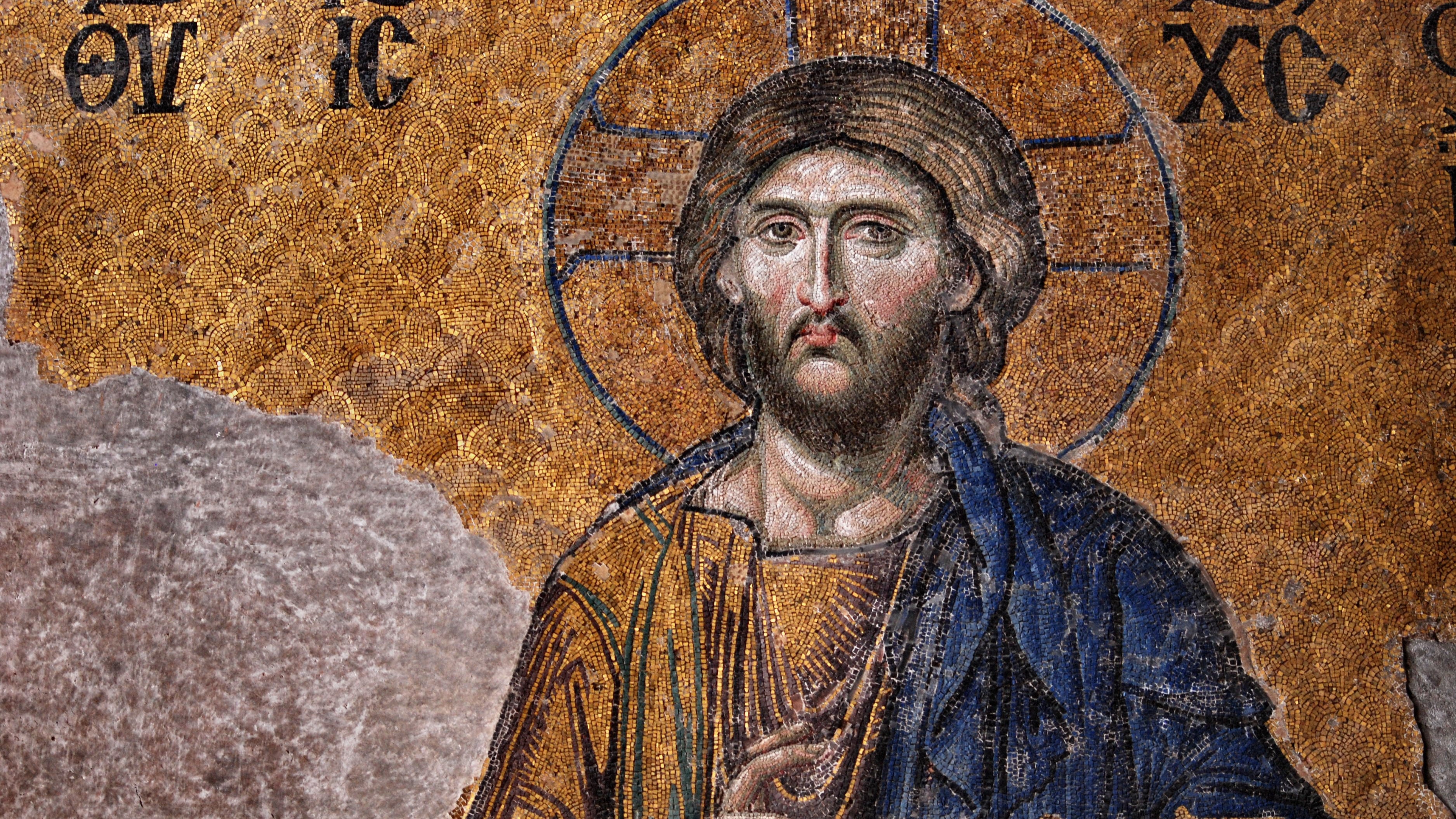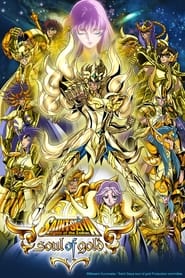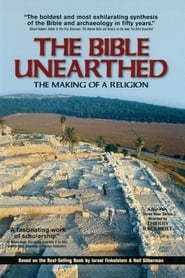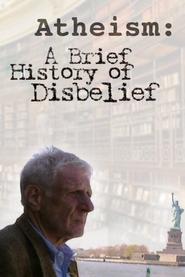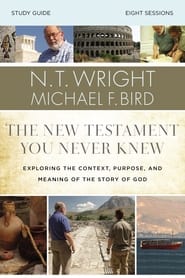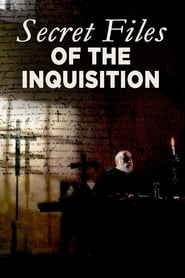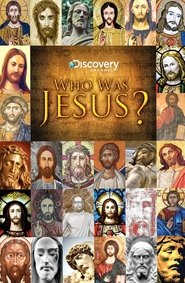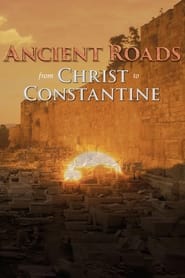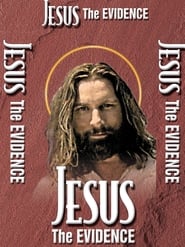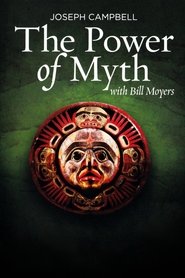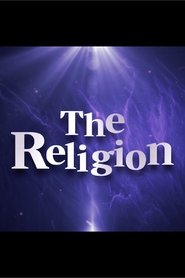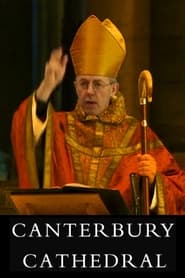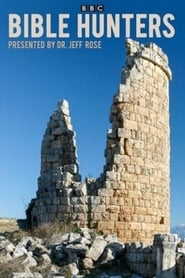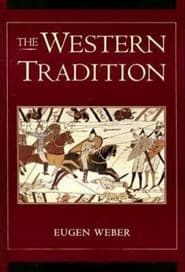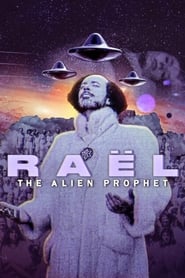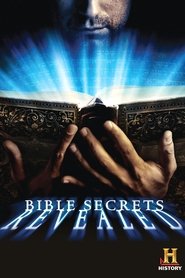
New Testament History and Literature with Dale B. Martin
Yale Courses - This course approaches the New Testament not as scripture, or a piece of authoritative holy writing, but as a collection of historical documents. Therefore, students are urged to leave behind their pre-conceived notions of the New Testament and read it as if they had never heard of it before. This involves understanding the historical context of the New Testament and imagining how it might appear to an ancient person.
- Created By
- First Aired on
Sep 02, 2009
- Popularity: 0.3544
- 1 votes
- Status: Ended
Show Ended
1 seaons till Sep 02, 2009
Last episode: The "Afterlife" of the New Testament and Postmodern Interpretation
Seasons & episodes
Total 1 seasons, 26 episodes

Season 1
Aired

Episode 1Introduction: Why Study the New Testament? min
This course approaches the New Testament not as scripture, or a piece of authoritative holy writing, but as a collection of historical documents. Therefore, students are urged to leave behind their pre-conceived notions of the New Testament and read it as if they had never heard of it before. This involves understanding the historical context of the New Testament and imagining how it might appear to an ancient person.

Episode 2From Stories to Canon min
The Christian faith is based upon a canon of texts considered to be holy scripture. How did this canon come to be? Different factors, such as competing schools of doctrine, growing consensus, and the invention of the codex, helped shape the canon of the New Testament. Reasons for inclusion in or exclusion from the canon included apostolic authority, general acceptance, and theological appropriateness for "proto-orthodox" Christianity.

Episode 3The Greco-Roman World min
Knowledge of historical context is crucial to understanding the New Testament. Alexander the Great, in his conquests, spread Greek culture throughout the Mediterranean world. This would shape the structure of city-states, which would share characteristically Greek institutions, such as the gymnasium and the boule. This would also give rise to religious syncretism, that is, the mixing of different religions. The rise of the Romans would continue this trend of universalization of Greek ideals and religious tolerance, as well as implement the social structure of the Roman household. The Pax Romana, and the vast infrastructures of the Roman Empire, would facilitate the rapid spread of Christianity.

Episode 4Judaism in the First Century min
Of the four kingdoms that arose after Alexander's death, those of the Seleucids and the Ptolemies are most pertinent to an understanding of the New Testament. Especially important is the rule of Antiochus IV Epiphanes, who forced the issue of Hellenism in Jerusalem by profaning the temple. Jews were not alike in their reaction to Hellenization, but a revolt arose under the leadership of the Mattathias and his sons, who would rule in the Hasmonean Dynasty. After the spread of Roman rule, the Judea was under client kings and procurators until the Jewish War and the destruction of the temple in 70 CE. Revolt was only one Jewish response to foreign rule; another was apocalypticism, as we see in Daniel and also in the Jesus' teaching and the early Christian movement.

Episode 5The New Testament as History min
The accounts of Paul's travels in The Acts of the Apostles and Galatians seem to contradict each other at many points. Their descriptions of a meeting in Jerusalem--a major council in Acts versus a small, informal gathering in Galatians--also differ quite a bit. How do we understand these differences? A historical critical reading of these accounts does not force these texts into a harmonious unity or accept them at face value. Instead, a historical critical reading carefully sifts through the details of the texts and asks which of these is more likely to be historically accurate.
Top Cast
Similar shows

